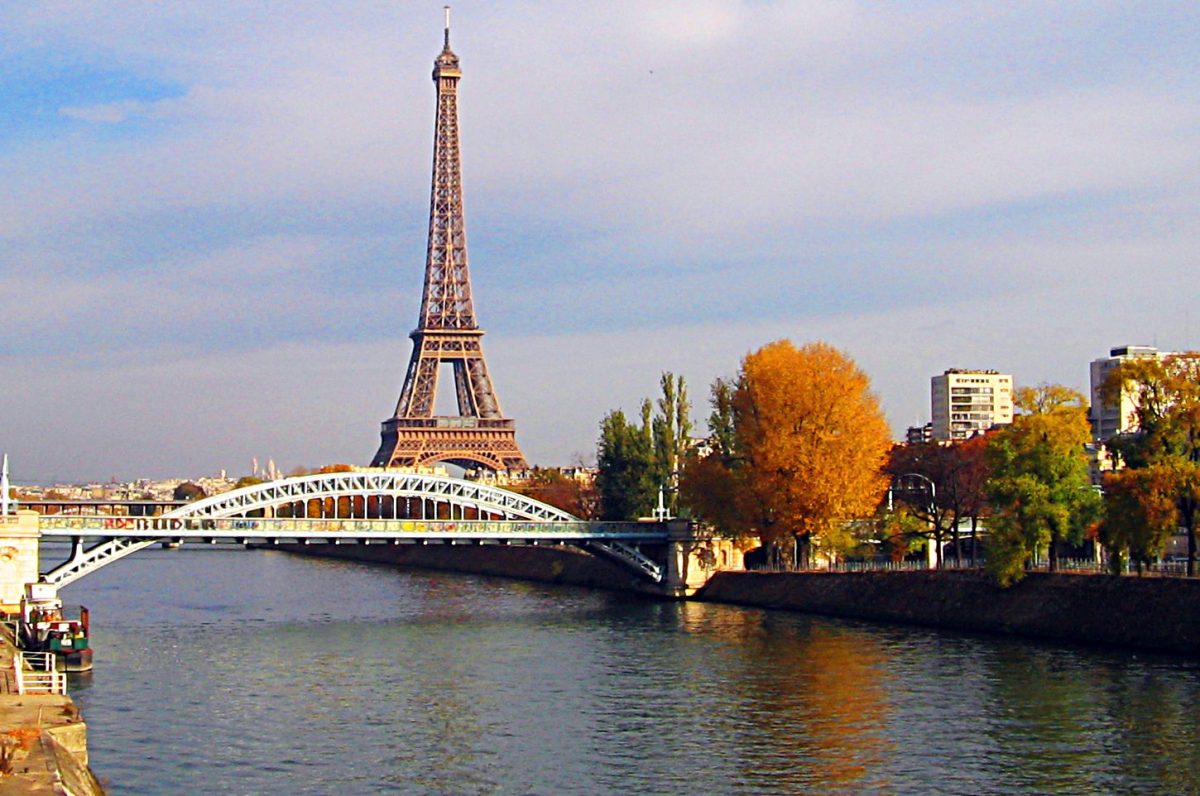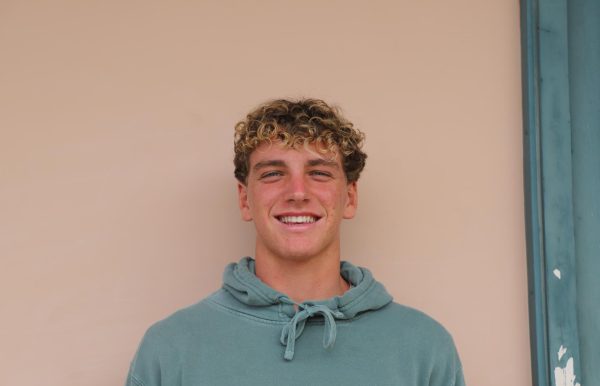Paris seemed like an ideal place to set the Olympic games this summer — but there were a few underlying problems. Namely, the men’s and women’s open-water swimming and triathlon were set to swim in the Seine River, which flows directly through Paris. To Parisians, the Seine has been known as a dirty and polluted body of water. Before the Seine was closed to all swimmers in 1923, it was a very popular swimming destination for Paris residents. However, since the bacteria levels were tested to be too high to swim in safely, it was closed to all (Newberry). Many athletes were skeptical about swimming and competing in the contaminated water, especially after an incident a few weeks prior to the Games.
The Paris government spent around $1.5 billion cleaning the river, but it still showed signs of pollution. When Emmanuel Macron announced that he would swim in the Seine to “prove” it was clean, citizens decided to take matters into their own hands and planned a “poop protest”. A video posted on TikTok by the user “ZOE IN PARIS” announced that citizens planned to defecate in the Seine to protest the Olympic competition in the river. However, it is speculated that this plan did not get put into action.
The 2024 Olympic athletes did end up swimming in the Seine. And to add onto the controversy, when the races concluded, athletes reported being sick. Two unknown German athletes were reported as having flu-like symptoms following the race, but it was said that they recovered soon after and traveled home with the team (Newberry).
German swimmer Leonie Beck posted her condition on Instagram after the 10-kilometer race. Beck was seen giving a thumbs up, but looking ill. Later she posted, “vomited 9 times yesterday + diarrhea.”. There was a clear sickness that athletes were struggling with.
However, the river was tested by the World Aquatics, the governing body for open water swimming, and the Seine tested inside the safe level of bacteria. Reports even showed that there was less E. coli in the water than in a swimming pool. This deemed the body of water safe to hold the event in.
Furthermore, many of the athletes said that the water did not feel contaminated. Women’s gold medalist Sharon Van Rouwendaal said that she did not mind and took a few gulps of the water when she was parched.
With all tests deeming the Seine safe to swim in, it is unsure whether the sickness that the athletes caught was from the river. While the Seine is historically contaminated and polluted, the river is showing signs of improvement. Regardless of whether or not its waters posed real dangers to the Paris Olympians, the debate surrounding the Seine’s cleanliness will long outlive this summer’s major sporting event.








